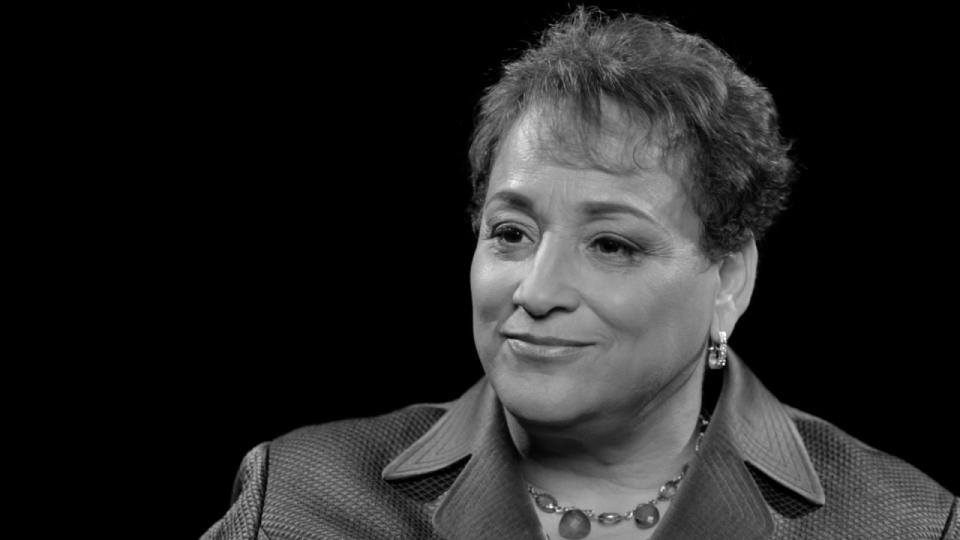One in three over 50s have had to postpone retirement

A third of people aged over 50 say they will be forced to retire later than they had previously planned - by an average of eight years.
By far the most common reason is a shortage of cash. Some 46% of people admit that they won't have saved enough by the time they reach the age at which they wanted to retire, while a third say their state pension won't be as much as they were expecting — which gives them a retirement income shortfall.
The figures have been released by Aviva, which also found that a quarter of people are entering their later years with more debt than they expected - so they will need to work longer in order to pay it off. More than one in ten have been caught by surprise by their partner's situation - and just under one in ten say they have to keep working, because they are still supporting their children.
The study also spoke to employers, who highlighted that pension freedoms could be having an effect. One in five said they were concerned that people would dip into their retirement savings early, and then be forced to continue working in order to make up the shortfall. One in ten workers said this would be the case - while another one in ten were unsure what difference the freedoms might make to their plans.
On the plus side, one in five people say they still enjoy work, which is one of the reasons they want to continue. The study found that 86% of people who were working over the age of 65 said they enjoyed it (compared to 57% of younger people), and 85% said they got satisfaction from working.
Will your boss let you?
What's particularly worrying is that when researchers spoke to employers about what they would do about the fact that employees would want to continue working later - most of them hadn't considered it. This could mean that there are no suitable roles for older people, no plans to enable people to retire gradually by reducing their hours, and no support for the needs of older people in the workplace.
At worse, it could mean that many of those who are planning to retire later, may find their plans thwarted by their employer - who just isn't ready to employ older people. Rachael Saunders, Business in the Community's Age at Work Director, warned: "Just over a year ago we released a report, The Missing Million, which highlighted the one million people aged over 50 who had been pushed out of the labour market for reasons beyond their control."
For those who are planning to work on past their traditional retirement age, therefore, it's worth considering whether your employer is ready for it, whether you can continue in your current role, or whether it's worth making plans for a career change that will enable you to continue through your 60s, and even your 70s if needs be.














